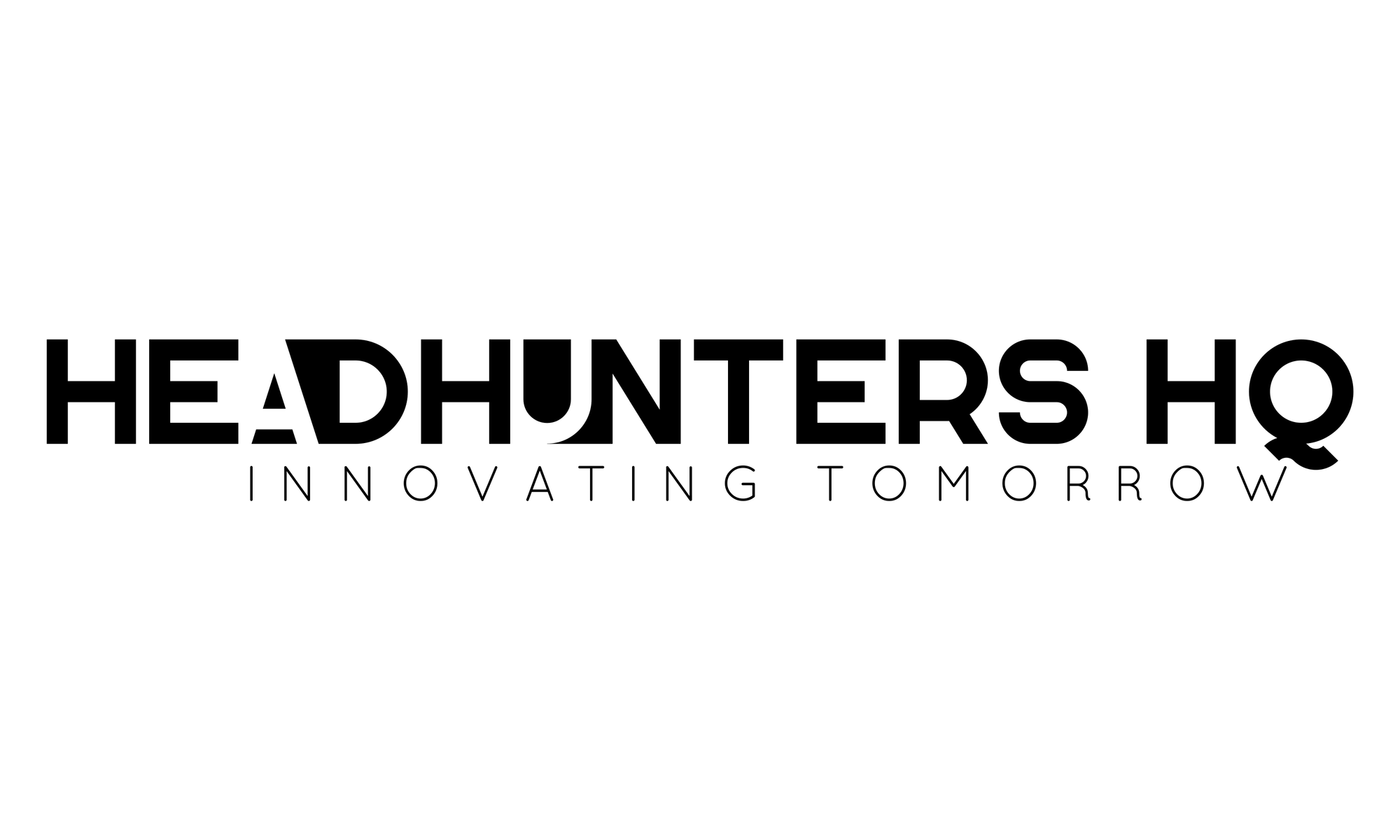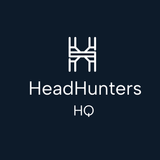The Role of AI in Modern Recruitment: Tools, Ethics, and Human Touch

In the fast-paced world of recruitment, speed, efficiency, and accuracy matter. With talent shortages, high competition, and candidates expecting smooth hiring experiences, employers are under pressure to level up their hiring game. Enter AI: Artificial Intelligence is revolutionising how companies find, evaluate, and engage with talent. But with all its potential, AI also brings important questions about ethics, fairness, and the need to retain the human touch.
In this article, we explore how AI is shaping modern recruitment, what tools are making an impact, how to balance tech with humanity, and the ethical considerations every employer should be aware of.
What AI Is Doing in Recruitment Right Now
Let’s demystify it: AI in recruitment isn’t about robots taking over. It’s about using data and algorithms to streamline processes and make better hiring decisions. Here are the main ways AI is transforming recruitment:
1. Resume Screening & Candidate Matching
AI can quickly scan and filter resumes, identifying candidates whose skills, experience, and qualifications match job descriptions. This reduces manual workload and speeds up time-to-hire.
2. Sourcing Passive Candidates
AI-powered sourcing tools can search online platforms and databases to identify passive candidates—those not actively job-hunting but open to opportunities.
3. Chatbots for Candidate Engagement
AI chatbots handle FAQs, schedule interviews, and provide real-time updates. They help keep candidates informed and engaged throughout the process.
4. Predictive Analytics
AI can analyse historical data to predict candidate success, estimate time-to-hire, and suggest optimal job posting channels.
5. Video Interview Analysis
Some AI tools analyse video interviews to assess speech patterns, word choice, and even facial expressions to evaluate soft skills and cultural fit. (More on this later.)
6. Onboarding and Employee Experience
AI supports personalised onboarding journeys, training recommendations, and ongoing employee engagement insights.
The Benefits of AI in Recruitment
- Speed: AI reduces the time spent on repetitive tasks.
- Scalability: Easily handle large applicant volumes.
- Data-Driven Decisions: Insights from AI help improve hiring quality.
- Cost Savings: Streamlining processes can reduce hiring costs.
- Improved Candidate Experience: Faster responses and smoother journeys improve your employer brand.
The Human Touch: Where AI Can’t Replace People
Despite all the hype, AI isn’t a magic bullet. Recruitment is about people, and human intuition, empathy, and relationship-building remain crucial.
- Candidate Relationship Building: AI can start conversations, but real connection comes from human interaction.
- Cultural Fit Assessment: Tools can help, but culture is complex. Only people can truly evaluate if a candidate aligns with your values and team dynamic.
- Decision-Making: AI can inform decisions, but hiring choices need human judgment, context, and experience.
Best Practice: Use AI to handle repetitive, data-heavy tasks. Let your team focus on strategic, human-centric elements.
Ethical Considerations of AI in Hiring
1. Bias and Fairness
AI is only as unbiased as the data it learns from. If historical data is biased (e.g., favouring certain schools or demographics), AI can perpetuate and even amplify those biases.
How to Address This:
- Use diverse datasets for training AI.
- Audit tools regularly for bias.
- Combine AI insights with human review.
2. Transparency
Candidates deserve to know when AI is used in their evaluation. Lack of transparency can harm trust and your brand.
Solution: Be upfront. Share how AI is used and how decisions are made.
3. Privacy and Data Protection
AI tools often process large amounts of personal data. Ensuring compliance with data protection laws (like GDPR) is critical.
Best Practice: Partner with vendors who prioritise data security and give candidates control over their data.
Future Trends in AI Recruitment
- AI-Powered Skills Assessment: Tools that evaluate real-world skills through simulations and challenges.
- Hyper-Personalisation: Customised job recommendations and communication based on candidate behaviour.
- AI in Retention: Predicting which employees may leave and why—and how to retain them.
- Voice and Language Processing: More nuanced analysis of candidate communication, beyond text.
How to Start Using AI in Recruitment
- Identify Your Pain Points: Is resume screening eating up time? Are you struggling with candidate engagement? Start there.
- Evaluate Tools Carefully: Look for user-friendly, transparent platforms that align with your values.
- Pilot, Then Scale: Test AI tools on small projects. Gather feedback from your team and candidates.
- Train Your Team: Help recruiters understand how to use AI effectively and ethically.
- Monitor and Improve: Track key metrics (time-to-hire, quality-of-hire, candidate satisfaction) and refine your approach.
Real-World Example
After implementing AI-powered tools, recruiters on average saved a full workday per week, enabling them to spend more time on strategic assessments and candidate engagement, aligning with LinkedIn’s 2025 Future of Recruiting report findings. LinkedIn also reports that 44% of organisations already use AI for recruitment, and AI can reduce average time-to-hire by up to 50%, while improving candidate experience and quality of hire.
What's Next?
AI is transforming recruitment, offering powerful tools to attract, engage, and hire talent faster and smarter. But it’s not about replacing people—it’s about empowering them. The best hiring outcomes happen when AI handles the heavy lifting, and humans bring the heart.
By embracing AI responsibly, with a focus on ethics and the human experience, your organisation can build a future-ready recruitment process that delivers real results.
Learn more about our AI-powered software solutions built for powering your talent pipelines. Book an appointment now.





